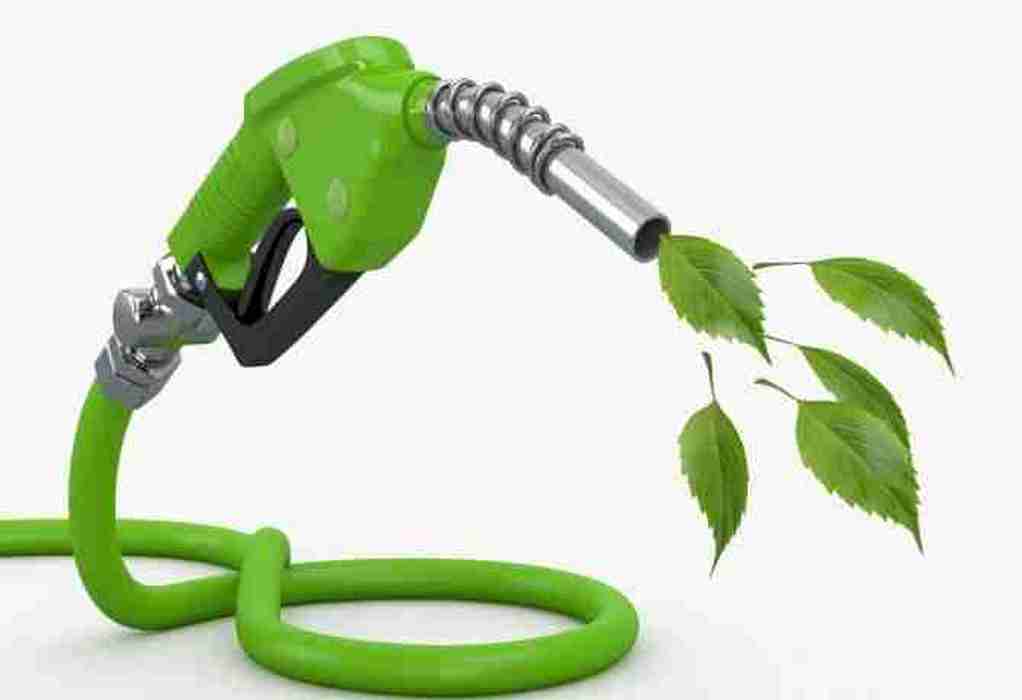Mitsubishi Gas Chemical (MGC), a Japanese petrochemical producer, has begun commercial output of bio-methanol by using sewage gas at its Niigata plant in northwest Japan’s Niigata prefecture. This is part of its efforts in the latest project to decarbonise methanol manufacturing.
It buys sewage gas, consisting of methane and carbon dioxide (CO2), from Niigata prefecture’s Niigougawa sewerage plant. But the volume of bio-methanol produced is inconsistent and limited, it said. Output of bio-methanol could be a minimum 1 t/d but is unlikely to exceed 10 t/d, depending on the feedstock volumes MGC can purchase, it added. The sewerage plant uses the gas for power generation.
MGC is still looking for buyers of its bio-methanol, although it said it has found some potential users. It expects domestic sales as output is too low for exports. The company expects its bio-methanol to be used as petrochemical feedstock, marine fuel and power generation fuel.
The company has also explored the feasibility of methanol production from CO2 and green hydrogen in partnership with Cement Australia.
Japan’s methanol consumption has been around 1.7mn-1.8mn t/yr, according to MGC, with demand expected to grow further.
Tags: Biomethanol, MGC, Sewage Gas



Recent Posts
Robert Allan Ltd. to Design Fully Electric AmpRA 3600 Tug for Tianjin Port
U-Ming Marine Conducts First Bunkering of FAME B24 Biofuel
DNV Validates Electric Hydrogen’s HYPRPlant for Safety, Efficiency and Commercial Readiness
Nepal Eyes Green Hydrogen Future with Policy Push and Hydropower Potential
India Tests First Hydrogen-Powered Rail Coach at ICF Chennai
Scandlines Nears Delivery of Zero Emissions Ferry Following Successful Sea Trials
India faces emission roadblocks with rising net-zero demands
Green Energy Resources invests in two electric Liebherr LHM 550